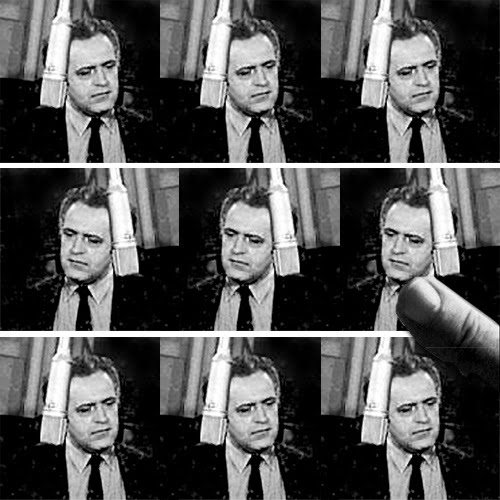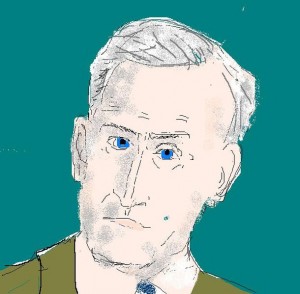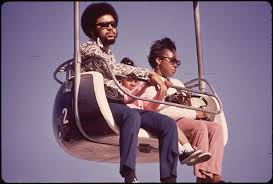If I was asked to name a single recent book that best crystallizes the media-drenched world we live in today, the clever things we’ve done to ourselves and each other, the way the sun never sets nor rises anymore in our endless stream of flickering images, the way we’re smarter and dumber, closer together and further apart, I would choose Douglas Coupland’s Marshall McLuhan: You Know Nothing of My Work! That may seem like an odd thing to say about a book written about someone who died in 1980, but Coupland’s brilliant first chapter analyzes the contemporary media landscape with rare insight and then proceeds to march forward from McLuhan’s birth as the philosopher grows to understand the signs and symbols and links of a brave new world that was in its infancy (and still is). Coupland is mostly known for his fiction, and that’s a proper match for McLuhan, whose ideas were fantastic–they couldn’t be true, yet, more often then not, they were.
The 1962 McLuhan quote that Coupland uses at the book’s outset:
“The next medium, whatever it is–it may be the extension of consciousness–will include television as its content, not as its environment, and will transform television into an art form. A computer as a research and communication instrument could enhance retrieval, obsolesce mass library organization, retrieve the individual’s encyclopedic function and flip it into a private line to speedily tailored data of a saleable kind.”
••••••••••
“You know nothing of my work”:



